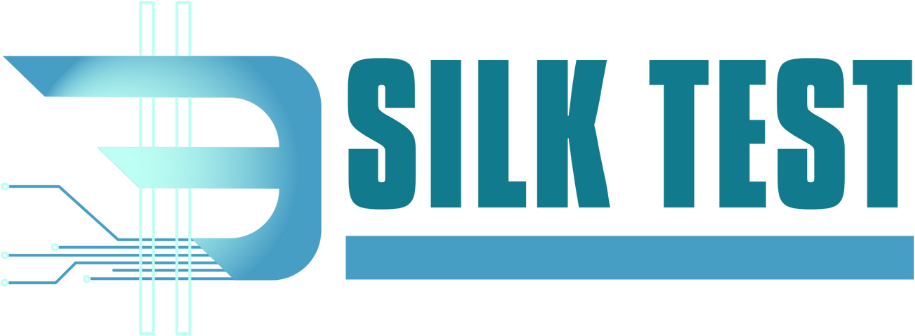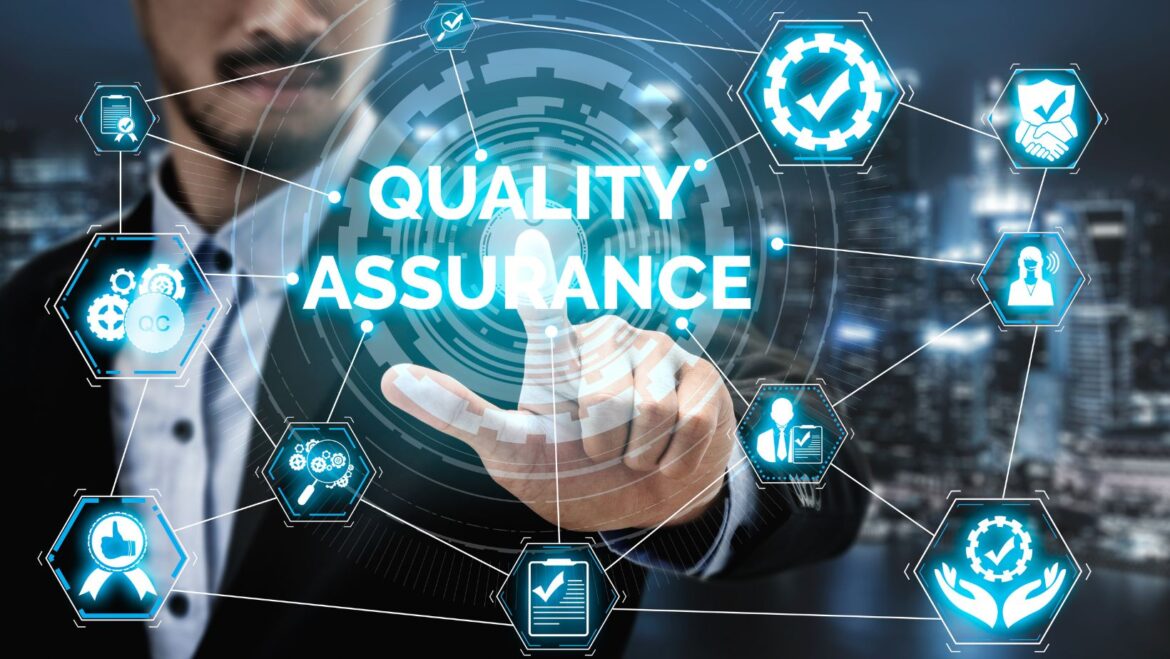Have you ever encountered a website with a large amount of invaluable data ideal for your company’s growth analysis? If yes, did you end up copy-pasting the information manually, only to use it later?
This is 2025, and still, many companies use the old and traditional methods to extract public data from a website. Copy-pasting information is not only time-consuming but also restricts you from having all your desired data in one go.
So, if you want a more cost-effective and efficient process for data extraction, web scraping is your perfect option. You can try out datacenter proxies to practice it and get the information you desire in your chosen format.
Read on to learn more.
What Is Web Scraping?
Let’s start from the basics.
We all come across websites with information like statistics, company contacts, product details, and whatnot. These web pages are heaven for those looking to start their own business or open an e-commerce store online.
Most people, even today, simply copy and paste the required information from such sites to be used on their platforms later. This is considered a tedious, long, and monotonous job. Besides, many sites have formats that stop you from copying and pasting anything in the first place.
To overcome such hurdles, web scraping works as an excellent alternative to copy-pasting. It uses bots that crawl the required data you wish to extract, harvest it, and then export it into a user-friendly format.
Most companies prefer doing web scraping manually. But the smart ones use scraping tools to get the best job done within a short time.
There is a common misconception that web scraping is illegal. This isn’t true.
As long as you are using the process to harvest public information, the process is safe and legal. However, web scraping is considered internationally prohibited if you use it for a non-public site or for hacking purposes.
You are also not allowed to publish the collected data from web scraping under your name or without permission from the site.
Does Web Scraping Have Any Challenges?
A web scraping task may seem simple if practiced by using a scraper. However, this is not always true.
You may face many pitfalls – geo-location barriers, CAPTCHAs, or token challenges – especially when you’re not using enhanced tools like a Web Scraper API that handles these complexities for you.

So, Is There a Way Out?
Yes, there definitely is, and that is a proxy. A proxy can help you bypass all the restrictions that come your way as you perform web scraping.
A proxy works as an intermediary that sits between you and your desired website, changing your IP address and giving you a new identity online. As a result, you access the site as someone whom the receiving platform wholeheartedly accepts.
This makes it easy for you to view your data and get your desired information in any preferred format.
For instance, CAPTCHAs placed on different websites can track bots that perform web scraping. However, when you use a rotating proxy, you get to work with different IP addresses, making it possible for CAPTCHAs to pin your exact location.
Similarly, datacenter and residential proxies bypass geo-location restrictions banning your access to the site. By changing your IP address, they change your location, making you appear as someone from the same region as your proxy.
So, which proxy should you buy to conduct web scraping successfully?
Differences Between Datacenter and Residential Proxies
As stated above, both residential and datacenter proxies perform incredibly well in bypassing restrictions and maintaining your privacy while you perform web scraping. But you can’t choose both for your use case, as they have a few differences to consider.
For instance, a datacenter proxy assigns its IP address, which comes from datacenter pools or cloud services. These proxies are easy to recognize until they are bought from well-reputed sellers. If they aren’t, any site may recognize and block them.
Alternatively, residential proxies assign IP addresses that are directly linked to real users. This makes these proxies extremely tough to recognize and offers much better security. Besides, they also offer wider IP pools when web scraping.
However, these characteristics make residential proxies far more expensive than datacenter ones.
Choosing the Right Proxy for Web Scraping
Whether you decide to buy datacenter proxies or residential proxies for web scraping, be sure to highlight a few factors before you pick.
For example, consider the price, speed, security level, and reputation of the seller. These factors are incredibly imperative if you don’t want to get caught while scraping a website.
Also, don’t forget to assess the overall use case of each option available. For instance, evaluate whether your proxy can help you perform market research, bypass firewalls, and overcome hackers at the same time as web scraping, or you would have to buy another tool for these purposes.
Takeaway
In a world full of proxy options and web scraping procedures, there is no space for copy-pasting data anymore. Use the intermediary combined with specialized tools to scrape your desired data carefully, and use it for all legal purposes as required.






